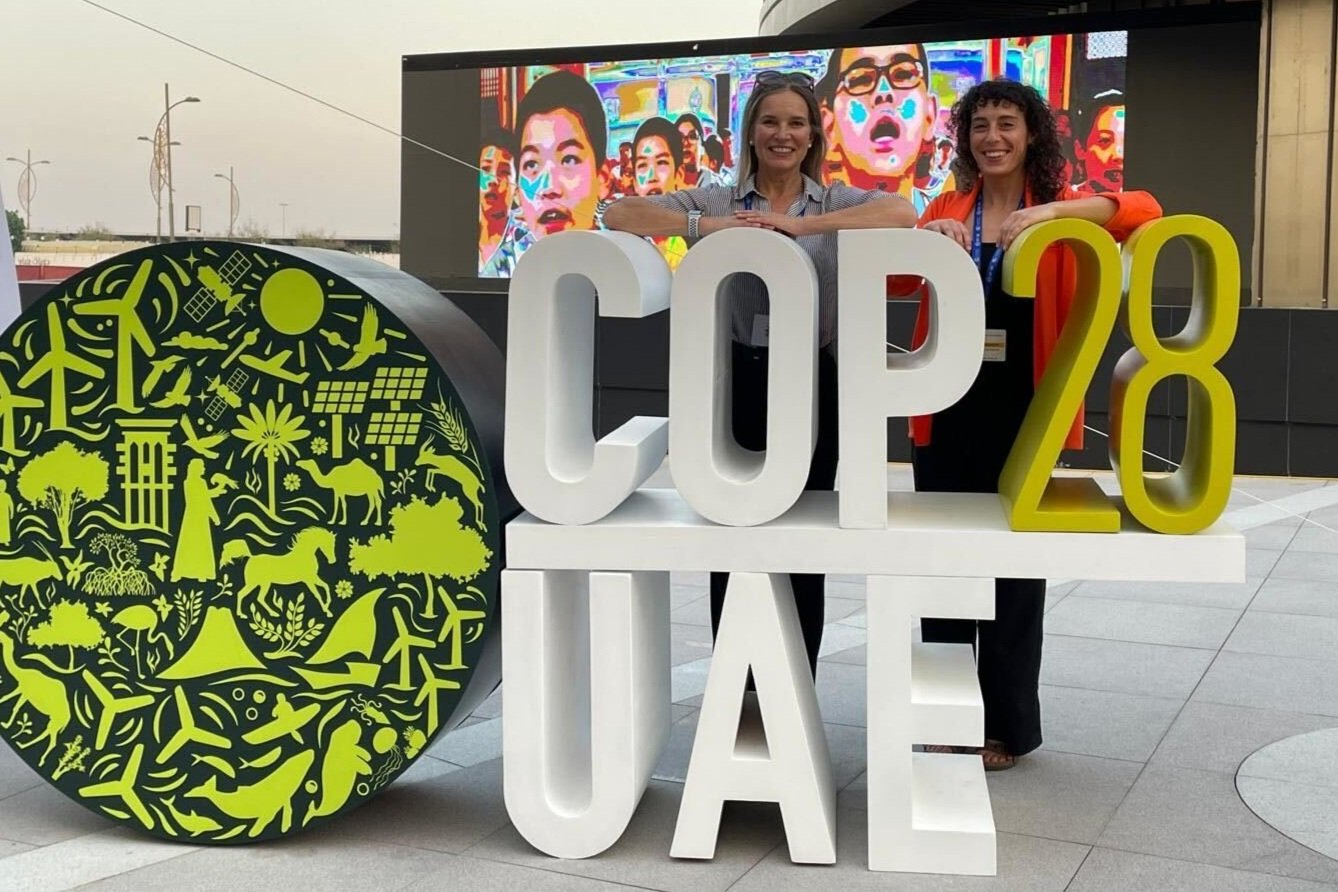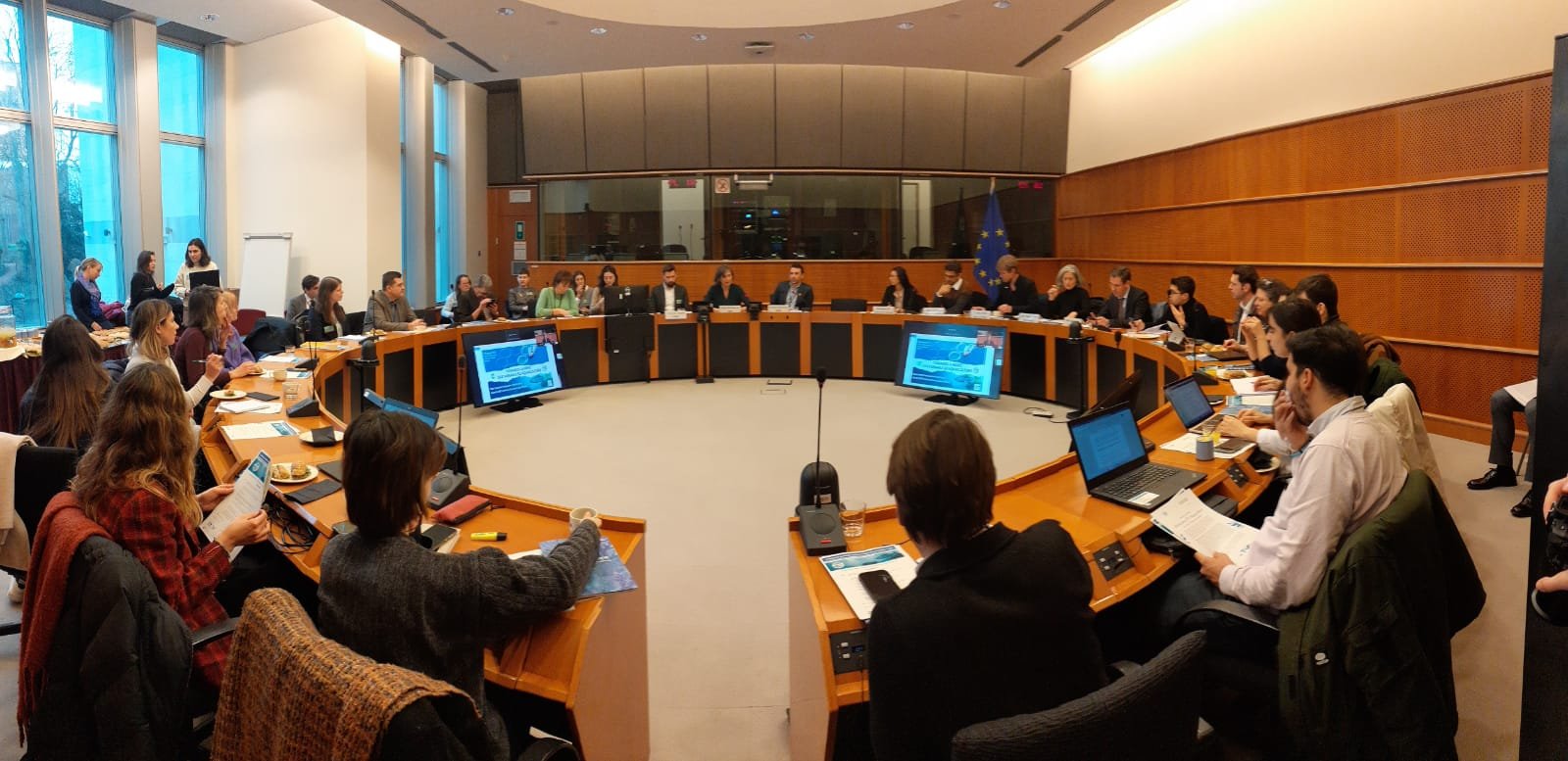
Policy Initiatives
Our policy work involves engaging the EU, FAO, and other international organizations, as well as national and local governments around the world. Aquatic Life Institute (ALI) submits data-driven feedback on local, national, and international policies focused on improving the welfare of farmed and wild caught aquatic animals. ALI uses its Aquatic Animal Policy (AAP) focus group (launched in 2023) to capitalize on pressing opportunities and form unified asks. Improving the health and well-being of aquatic animals around the globe requires a multi-pronged and collaborative approach. The goal is to ensure that aquatic animal welfare is socialized and prioritized among political decision-makers, who then incorporate these concerns into their policies, resulting in the passage, implementation, and enforcement of laws and policies that protect aquatic animal welfare.
One of the current primary focuses of the AAP is ALI’s global campaign to ban octopus farming. The campaign has already achieved significant milestones, notably with Washington State introducing a ban on octopus farming - the first law of its kind worldwide.
Scientific breakthroughs on the topic of animal sentience and the global expansion of aquaculture are sparking a long overdue revolution in animal welfare, particularly for aquatic creatures. Here the Aquatic Animal Policy focus group plays a pivotal role, providing a united and international effort to ensure these animals receive the attention they have been denied for far too long.
- Dr. Lorenzo Fruscella, Campaign Lead, Animal Law Italia
Highlights
-
Aquatic Life Institute led advocacy efforts for bills that prohibit octopus farming in California and Washington State - the first two states to pass laws against the harmful practice.
-
Aquatic Life Institute’s animal welfare guidelines were integrated into the Canadian Code of Practice for the Care and Handling of Farmed Salmonids (salmon, trout, charr), published in 2021.
-
Aquatic Life Institute spoke at FAO GCA +20, a key aquaculture conference, prompting the inclusion of aquatic animal welfare in the Shanghai Declaration, a major global policy shift.







